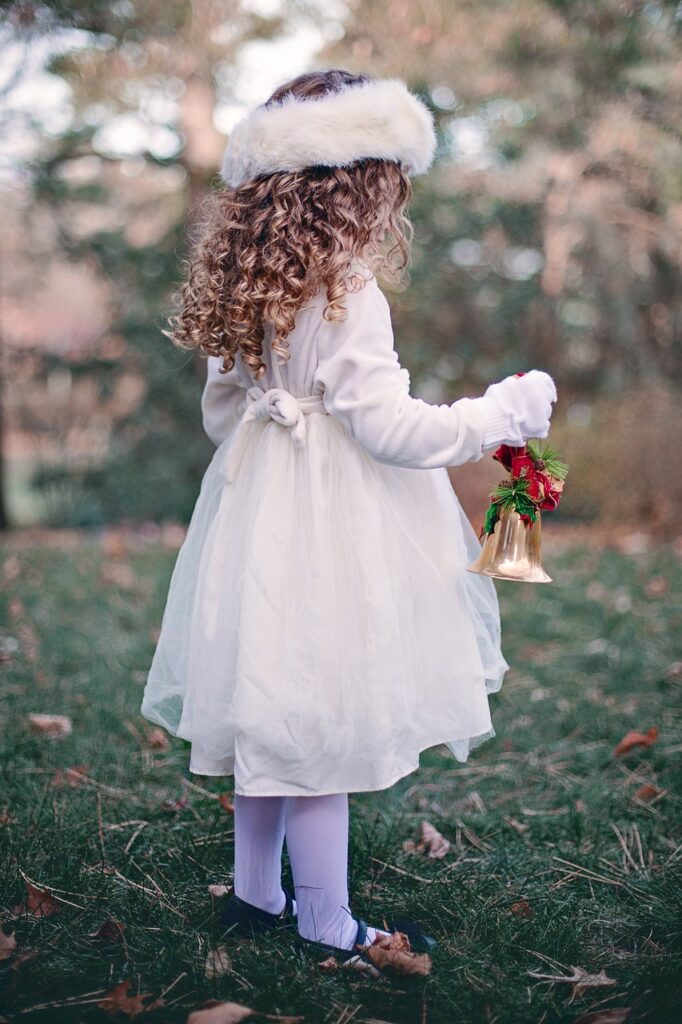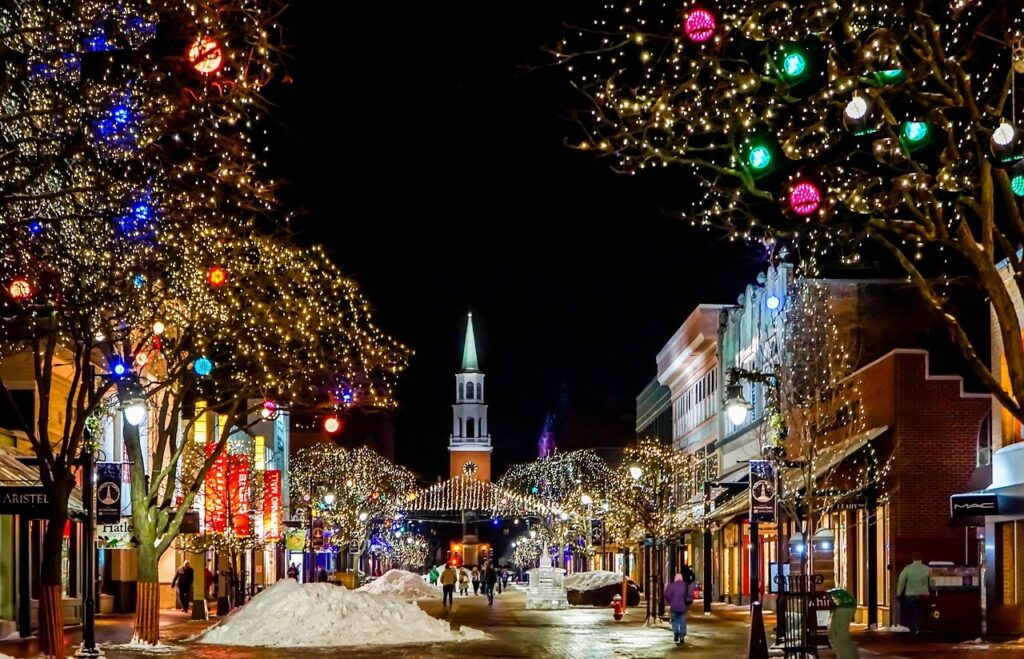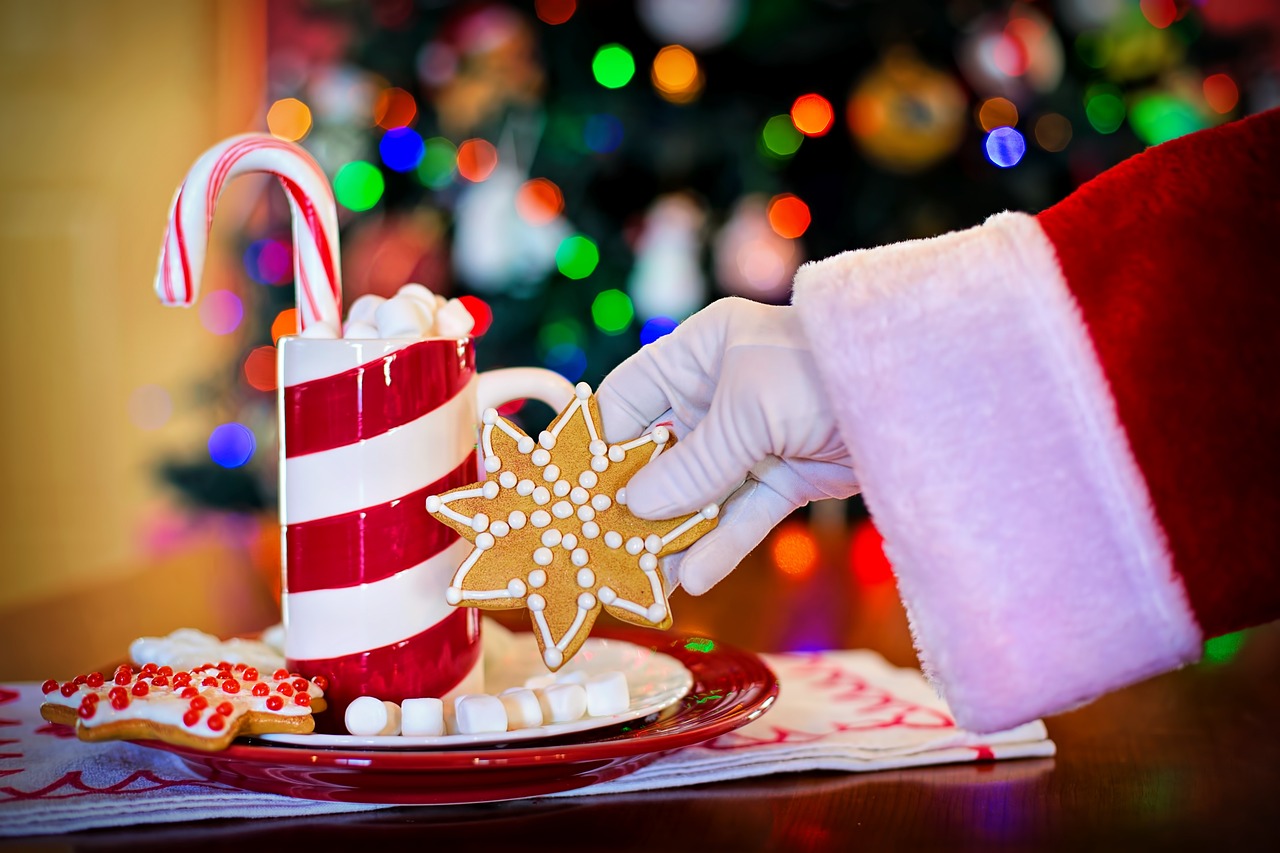Christmas, one of the most widely celebrated holidays across the globe, has a rich and fascinating history that spans centuries and encompasses various cultures, traditions, and customs. Its roots delve deep into ancient festivities, religious beliefs, and cultural exchanges, creating a tapestry of customs that have evolved over time.
Early Origins:
The origins of Christmas can be traced back to ancient pagan winter festivals. Many cultures celebrated the winter solstice, marking the shortest day and longest night of the year, with feasts, gatherings, and rituals to welcome the return of longer days and the sun’s light. In Rome, the festival of Saturnalia, honoring the god Saturn, involved feasting, gift-giving, and a temporary reversal of social roles.
Christian Influence:
The celebration of Christmas as the birth of Jesus Christ began to take shape in the 4th century AD. The exact date of Jesus’ birth is not specified in the Bible, and it wasn’t until the 4th century that December 25th was established as the official date by Pope Julius I. This date coincided with existing pagan festivals, allowing for a smoother transition to Christian celebrations.

Medieval Celebrations:
During the Middle Ages, Christmas became a significant religious observance intertwined with both Christian traditions and remnants of earlier pagan practices. Yule logs, evergreen decorations, and feasting were common elements, blending the old and the new customs. The holiday also became a time of charity, with the tradition of giving to the less fortunate.
Reformation and Modern Traditions:
The Protestant Reformation in the 16th century led to varying views on Christmas celebrations. Some Protestant groups rejected the holiday due to its perceived association with Catholicism and pagan customs. However, in England during the Victorian era, the revival of Christmas traditions and the publication of Charles Dickens’ “A Christmas Carol” helped popularize the holiday’s spirit of generosity and goodwill.

Globalization and Diverse Celebrations:
As centuries passed, Christmas spread worldwide, adapting to different cultures and incorporating local customs. In many countries, unique traditions emerged, from the Christkind in Germany to Las Posadas in Mexico, showcasing the diversity of celebrations.
Contemporary Observances:
Today, Christmas is celebrated in myriad ways. While some focus on religious ceremonies and attending church services, others emphasize the joy of gift-giving, spending time with family, decorating homes with lights and ornaments, and indulging in festive meals and treats.

Conclusion:
The history of Christmas is a mosaic of cultural amalgamation and evolution. From its humble beginnings in ancient pagan rituals to its widespread global observance today, Christmas continues to be a time of joy, unity, and reflection, embodying the spirit of giving and goodwill that transcends boundaries and beliefs. As it continues to evolve, Christmas remains a cherished time for people around the world to come together in celebration.

